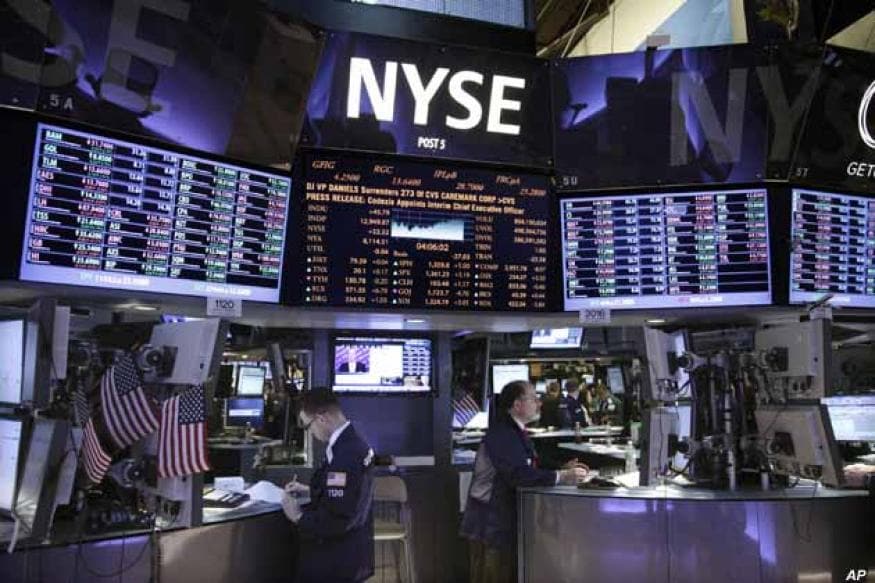The
FAANG-stocks (Facebook, Amazon, Apple, Netflix and Google) have rallied in the
US stock-market for the past years. From those Apple, Google and Amazon are currently the
biggest public companies in the world measured by market
capitalization.
The
valuations of the FAANG-stocks are huge and together they compose 13 % of the
S&P 500 index. They are the main reason why S&P 500-index was up 2,6 % in the first half of 2018. Without FAANG, the total return would have been -0,7 %.
Many
investment funds investing globally and to the US have been enjoying the ride
throughout 2018 and shown promising graphs for the investors. A small
comparison can be illustrated below:
The graph
above shows us three example index-funds from Nordea: Global Passive Fund, the
European Passive Fund and the North America Fund. The Benchmark describes the
return of the MSCI World Total Return NTR from the past 6-months. As we can
see, the Global fund has performed better than the European one from the mid of
May. Also interesting observation is that when the spread between the European
and the Global index-funds has been increasing, the holdings of the North America
Fund have outperformed the global index. My hypothesis is that this is all due
to the rapid growth of the FAANG-stocks during 2018.
That also
creates a concern for the index-investors. If you buy the extremely popular iShares
Core MSCI World UCITS ETF (EUNL) or not to mention the iShares Core S&P 500
UCITS ETF (SXR8), you are highly exposed to the movements of the FAANG-stocks
since they form the biggest share of holdings of these index funds.
Netflix
released its Q3 earnings a few days ago. A company of $4bn in net debt still possess
a net debt/EBITDA of only 3,2 years. In the same time the free cash-flow has
been estimated to be as negative as -$3bn. Especially the debt burden has
already made several Wall Street-analysts to cut their price targets for the
company and question the sustainability of the growth. Apple reported its
astonishing Q3 in August and Amazon, Google and Facebook are reporting their Q3
earnings in the following weeks.
I have to
say that I´m always a bit skeptical when someone mentions “easy-money” or “almost
risk-free investment”. These are the words that I´ve heard from the
FAANG-stocks lately. “If Apple and Amazon have grown so rapidly, no one can
stop them, and they keep on growing and owning the planet with their data.”
We all
should know that this isn´t a universal truth. How long can the growth
continue? No-one really knows. Rapid growth can introduce risks that investors
and the shareholders could not know yet. Already U.S President Donald Trump has
been furious towards Amazon and some regulations have been planned to slow down
Amazon based on lowering barriers to entry and increasing competition in the
market.
The big
question is: Are the FAANG-stocks already too big? 5 companies in the same
sector already have a significant contribution to the global stock market and
their movements contribute to the stock indices all over the world. If
something negative happens with these companies (etc. a big crash), we are
going to see significant echoes all over the global financial markets.
Being
honest, it is hard to see what could be the thing that could drop the
FAANG-stocks fundamentally. They have a reason why they are the biggest
companies in the world: Their core business is solid, and they have already
proved their capability to innovate and to create disruption in their markets.
The main thing is to note here that even with good diversification you might
not be safe from the movements of the FAANG-stocks.
Even as an
index-investor, you might have a higher risk-exposure to the FAANG that you
might think.






